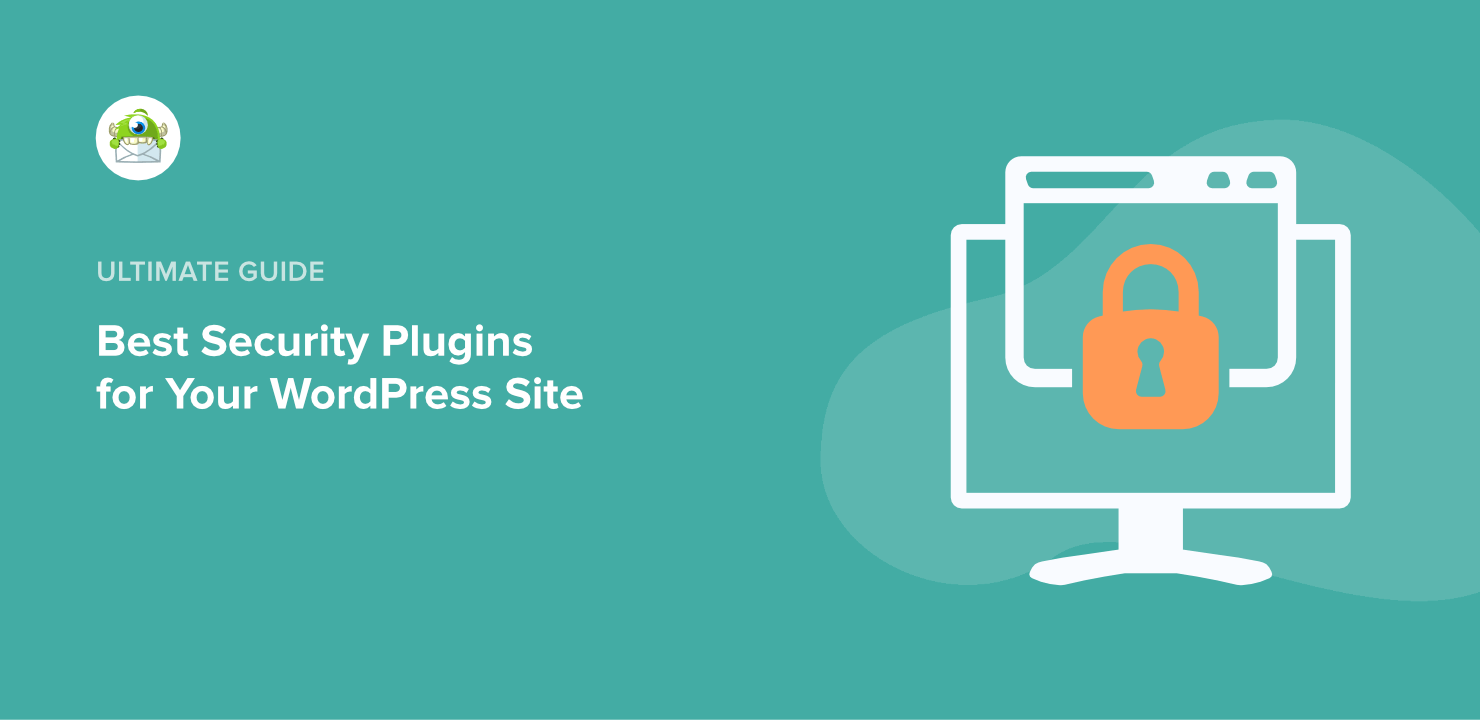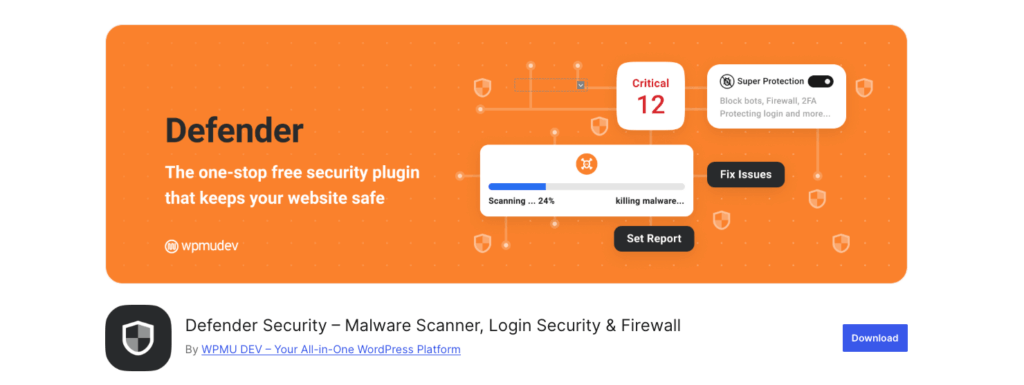Balancing Protection and Performance with Security Plugins
Using security plugins strategically is crucial for maintaining both the security and performance of a WordPress site. Here's how you can balance these two aspects effectively:
Key Considerations
-
Plugin Selection:
- Compatibility: Ensure the plugin is compatible with your WordPress version and other plugins.
- Features: Choose plugins that offer necessary features like caching, malware scanning, and firewall protection without overloading your site.
- Ease of Use: Opt for plugins with user-friendly interfaces for easy configuration.
- Support: Select plugins with good customer support for troubleshooting.
-
Performance Impact:
- Resource Usage: Monitor CPU usage, memory consumption, and database queries to ensure minimal impact.
- Page Load Time: Test how each plugin affects your site's loading speed. Quality plugins should add minimal overhead (0.1-0.3 seconds) .
-
Optimization Strategies:
- Systematic Monitoring: Regularly assess plugin performance using real-time analysis and historical trends to identify bottlenecks.
- Resource Optimization: Implement memory management and CPU usage optimization to maintain efficiency.
Best Practices for Balancing Protection and Performance
1. Progressive Configuration
- Gradual Setup: Enable features progressively and test after each change to avoid conflicts or performance issues .
- Documentation: Document your configuration choices for future reference and troubleshooting.
2. Firewall Modes
- Basic Mode: Start with minimal rules for initial testing.
- Intermediate Mode: Balance protection and compatibility.
- Advanced Mode: Use for high-risk sites but requires fine-tuning .
3. Regular Maintenance
- Updates: Keep plugins updated to prevent vulnerabilities.
- Audits: Regularly audit plugins to ensure they are necessary and efficient .
4. Plugin Bloat Prevention
- Minimize Plugins: Use only essential plugins to avoid bloat.
- Deletion: Completely delete unused plugins to remove unnecessary database entries and files .
Recommended Security Plugins
Some top security plugins for WordPress include:
- Wordfence: Offers comprehensive protection with minimal performance impact.
- Sucuri: Provides robust security features with a cloud-based approach, reducing server load.
- All In One WP Security: Known for its user-friendly interface and balanced performance impact .
By following these strategies, you can effectively balance security and performance, ensuring your WordPress site remains both secure and efficient.





